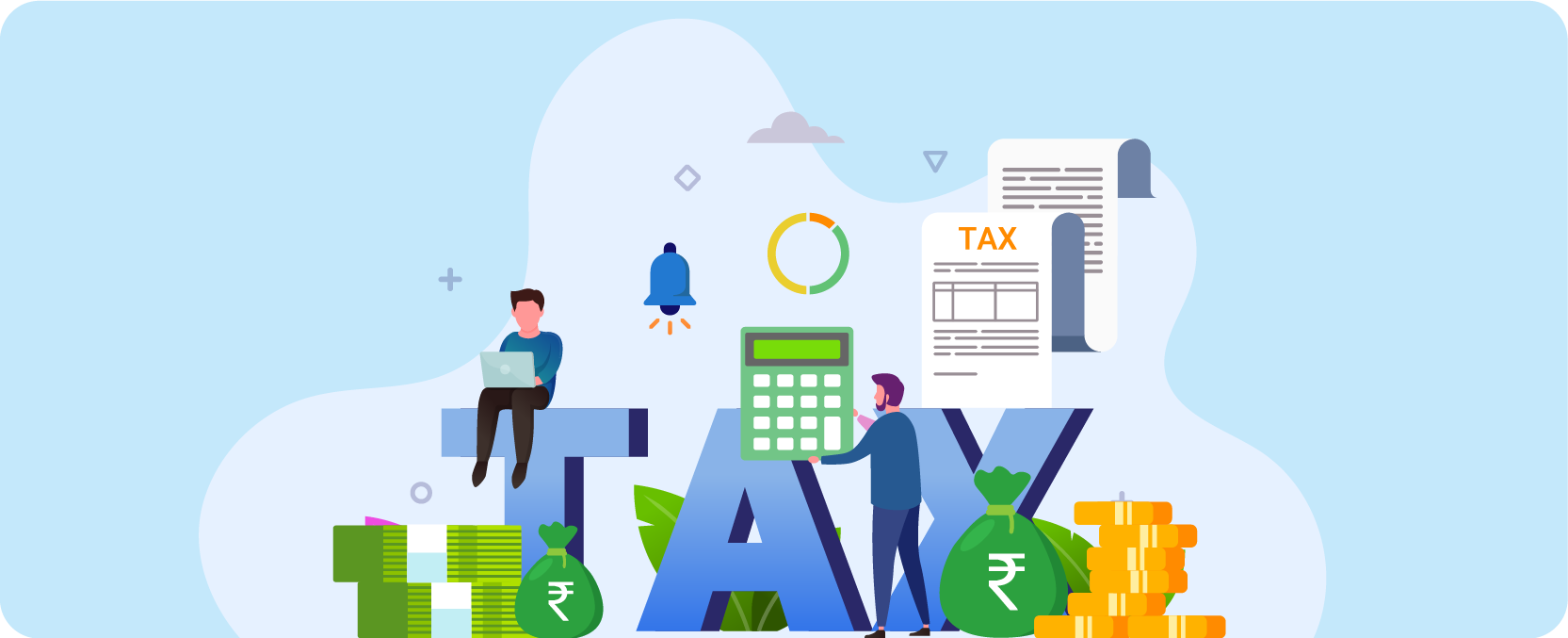- Published on: 28 Jun 2025
- Last updated on: 9 Feb 2026
- Post Views: 7518


For many borrowers, a personal loan is simply a financial lifeline, providing funding for a range of needs, from medical emergencies to home renovations, business expansions, and educational expenses. However, beyond its convenience, personal loans offer a less noticed advantage: potential tax benefits. However, most people believe that personal loans do not offer tax benefits like home or education loans.
Yet, the reality is different. Under specific conditions, personal loans can qualify for tax deductions, helping borrowers reduce their income tax. This blog explains how personal loan tax benefits work, outlines the eligibility criteria and provides guidance on maximising tax savings on personal loans under the Income Tax Act of India in the year 2026.

A personal loan is an unsecured loan, meaning you don’t need to pledge any collateral to get this loan. Banks and NBFCs provide personal loans for various purposes, including medical expenses, home renovation, education, business needs, wedding expenses, vacation costs, big purchases, etc.
Unlike home loans or education loans, personal loans do not automatically qualify for tax exemptions. However, if used for specific purposes, they can be eligible for tax deductions under different sections of the Income Tax Act. You can download the DMI Finance app to apply for a personal loan.
Here’s a quick overview of loan utilisations where you can claim tax benefits on personal loans. All the mentioned tax deductions apply only to the old tax regime.
| Loan Purpose | Applicable Income Tax Section | Tax Benefit Type |
| Home Renovation/Repair | Section 24(b) | Deduction on the interest paid |
| Business Expansion | Section 37(1) | Interest claimed as a business expense |
| Education (Higher Studies) | Section 80E | Deduction on the interest paid |
| Buying/Constructing a House | Section 24(b) | Deduction on the interest paid |
DMI Finance offers personal loans to individuals for all the purposes mentioned in the table above. You can download the DMI Finance app to apply for a personal loan. Now, let’s explore each tax exemption in detail.
Example: If you took an ₹5 lakh personal loan for an MBA course, the interest paid on this loan qualifies for tax deductions under Section 80E. In other words, you can deduct the amount from your taxable income that you have used to pay the interest.

Example: If you took a personal loan of ₹ 7 lakh for business expenses, and the paid interest is ₹ 70,000 per year, you can deduct ₹ 70,000 from your taxable business income.
To claim tax deductions on personal loans, you must provide:
Without proper documentation, your tax deduction claim may be rejected by the income tax department.
Do not make the mistakes below to avoid rejection of your tax deduction claims:

Many people overlook tax benefits on personal loans, assuming they are ineligible. However, the strategic use of personal loans for education, home renovation, or business can lead to significant tax savings. Understanding the right provisions and maintaining proper documentation can turn what seems like a routine financial obligation into a smart tax-saving tool.
1. Can I claim tax deductions on personal loans?
In most cases, personal loans do not offer direct tax deductions. However, you can potentially claim tax deductions if the personal loan is used for business expenses, education, or home renovation. The deductions are linked to the specific use of the loan, not the loan itself. You can download the DMI Finance app to take a personal loan for any of the mentioned requirements.
2. Are there any tax benefits for personal loans used for home renovation?
Yes, if a personal loan is used for home renovation, tax benefits may be available under Section 24(b) of the Income Tax Act. You can claim a deduction on the interest paid on the loan if it is used for renovation or improvement of your residential property. To know more about home renovation loans and home extension loans, you can visit DMI Housing Finance.
3. How do tax benefits work with personal loans in India?
In India, personal loans themselves do not provide tax benefits. However, the loan is used for home renovation, medical expenses, or education. In that case, you may be eligible for tax deductions under relevant sections of the Income Tax Act. The eligibility depends on how the loan is used, not on the type of loan. T
4. Can I claim tax benefits on personal loans for education expenses?
Yes, if a personal loan is used for educational purposes, you may be eligible to claim tax deductions under Section 80E of the Income Tax Act. This section provides a tax deduction on the interest paid on loans taken for higher education.
5. Do personal loans for medical expenses offer tax benefits?
Personal loans being used for medical expenses do not directly offer tax benefits. However, you can claim deductions for medical expenses under Section 80D of the Income Tax Act if you incur expenses on health insurance or treatment for specified diseases.
6. How can personal loan tax benefits reduce my overall tax liability?
While personal loans do not offer direct tax benefits, using them for tax-deductible purposes (such as education or home renovation) can help lower your overall taxable income. You can reduce the amount of your taxable income that you have used to pay the loan’s interest.
| Personal Loan of Different Amounts | ||
| ₹50,000 Personal Loan | ₹1 lakh Personal Loan | ₹2 lakh Personal Loan |
| ₹3 lakh Personal Loan | ₹4 lakh Personal Loan | ₹5 lakh Personal Loan |


